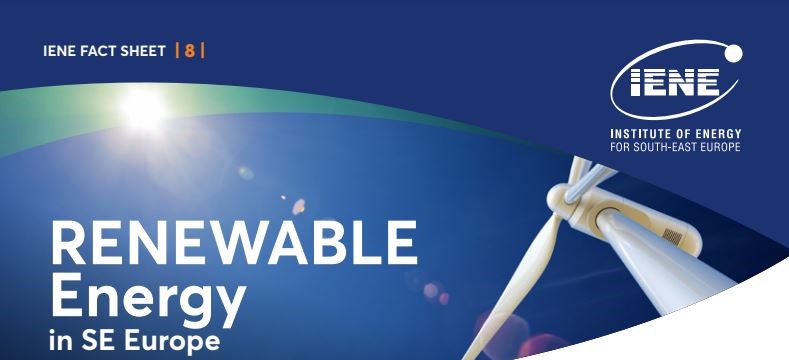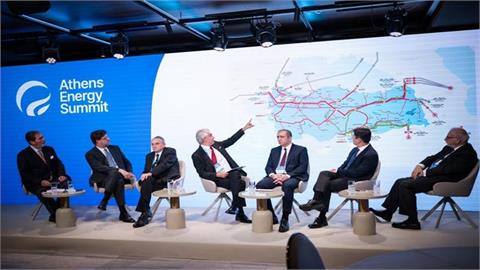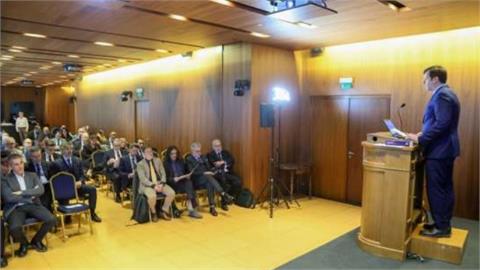The Institute of Energy for SE Europe (IENE) has uploaded its latest Fact Sheet, which is available here, focusing on the deployment of renewable energy sources (RES) in SE Europe. As SE Europe doubles down on its efforts to decarbonate power generation, the installed capacity of renewable energy systems in the region has almost doubled during the past decade, with local systems reaching 98.19 GW of installed capacity in 2021, according to latest data provided bu IRENA.
The Institute of Energy for SE Europe (IENE) has uploaded its latest Fact Sheet, which is available here, focusing on the deployment of renewable energy sources (RES) in SE Europe. As SE Europe doubles down on its efforts to decarbonate power generation, the installed capacity of renewable energy systems in the region has almost doubled during the past decade, with local systems reaching 98.19 GW of installed capacity in 2021, according to latest data provided by IRENA. This represents an increase of 86.7% since 2012, when the region counted 52.6 GW of installed renewable capacity.
In addition, the power generation from RES, including hydro, has exceeded 222 TWh in 2020, which corresponds to a 72.5% increase over the last decade. Electricity generation from RES in SE Europe is heavily affected by the hydrologic cycle, which has shown signs of heavy volatility throughout the decade. Most notably the region was affected by drought especially during 2014 and 2017, when it halted the increase of y-y generation from RES, despite the increased deployment of other RES systems, mainly wind and solar. The most affected countries by the hydrologic cycle were Turkey, Croatia, Albania and Bosnia and Herzegovina.
As RES are being recognized as one of the most important energy resources in mitigating climate change, the global market is amidst an ongoing ramp up in terms of new installations, with production costs of variable renewables’ systems having fallen rapidly during the past decade. Consequently, lower costs have driven an escalation in the deployment of solar PV and wind turbines across the region, making them competitive.




